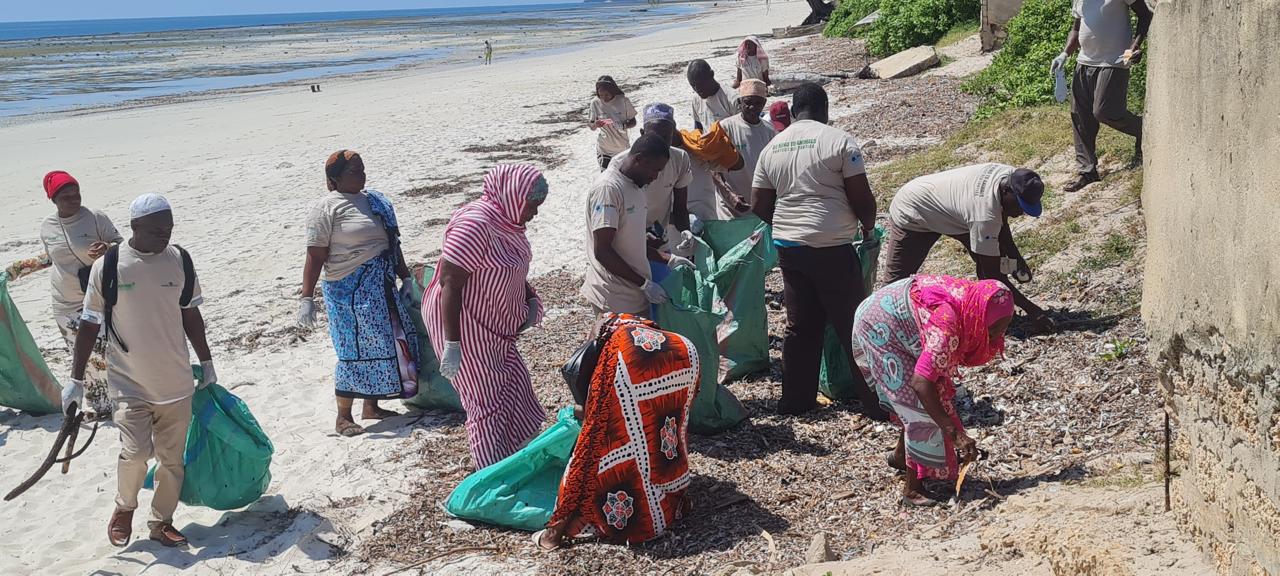Mpox is not the new Covid, says WHO official

Mpox, a viral infection that causes pus-filled lesions and flu-like symptoms, is usually mild but can kill.
A World Health Organisation official stressed on Tuesday that mpox, regardless of whether it is the new or old strain, is not the new Covid, as authorities know how to control its spread.
"We can and must tackle mpox together," said Hans Kluge, WHO regional director for Europe, in a UN media briefing.
More To Read
- Malaria: Drug resistance and underfunding threaten progress towards eliminating killer disease
- Sudan’s crisis deepens with communities trapped in ‘siege conditions’
- Adult obesity treatment enters new era with WHO-endorsed GLP-1 drugs
- Flu shots: how scientists around the world cooperate to choose the strains to vaccinate against each year
- How 'Long Covid' continues to challenge patients five years on
- Study flags stark inequities in global epilepsy care, medication
"So will we choose to put the systems in place to control and eliminate mpox globally? Or we will enter another cycle of panic and neglect? How we respond now and in the years to come will prove a critical test for Europe and the world," he added.
Mpox, a viral infection that causes pus-filled lesions and flu-like symptoms, is usually mild but can kill.
The clade 1b variety has caused global concern because it seems to spread more easily though routine close contact.
A case of the variant was confirmed last week in Sweden and linked to a growing outbreak in Africa, the first sign of its spread outside the continent. The WHO declared the recent outbreak of the disease a public health emergency of international concern after the new variant was identified.
Kluge said that the focus on the new clade 1 strain will also help in the fight against the less severe clade 2 variety that has spreading globally since 2022, allowing Europe to improve its response through better health advice and surveillance.
About 100 new cases of the clade 2 mpox strain are now being reported in the European region every month, added Kluge.
Mpox transmits through close physical contact, including sexual contact, but unlike previous global pandemics such as Covid-19, there is no evidence it spreads easily through the air.
Health authorities need to be on alert and flexible in case there are new, more transmissible clades or ones that change their transmission route, but there are no recommendations for people to wear masks, said WHO spokesperson Tarik Jasarevic.
Other Topics To Read
Top Stories Today











































